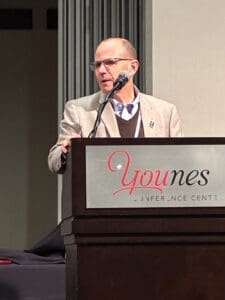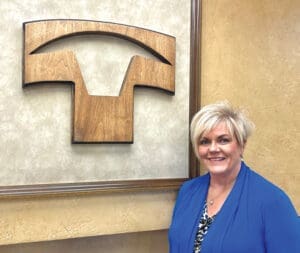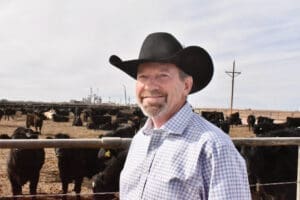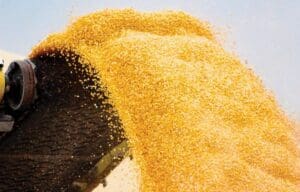By Chris McClure, Contributing Editor
It is likely that trade has been around as long as the human race has existed. I have something you want; you have something I want. We exchange goods as a form of barter.
The rise of the modern nation-state near the end of the European Middle Ages caused many political thinkers to examine the nature of trade between countries in a different light. The focus was to accumulate wealth, which meant exporting goods of greater value than those that were imported. It gave rise to mercantilism, which led to growing the treasury of the state.
Such thought naturally evolved into the idea that one can only increase wealth at the expense of another. Thus, governments began to impose wage and price controls, import duties and other tools for creating advantage in the production and export of goods and services. Then, in the mid-18th century, economists such as Adam Smith began to propound the advantages of free trade. In his work, The Wealth of Nations, published in 1776, the concept that removing barriers to trade would empower the growth of wealth began to take root in political thinking. The result was a number of trade agreements negotiated between nations.
Throughout the centuries since, the ebb and flow between protectionism and liberalism in trade policy has been somewhat continuous. At times, there has been increasing emphasis on restrictive tariffs and protectionist policies in the “interest of national security” and, at other times, with the swinging pendulum of necessity, those protections have been eased in favor of freer exchange of goods and services.
Concurrent with the policies aimed strictly at commerce have been monetary policies, which can also profoundly impact trade. Inflation, internal restrictions, wage and other labor-related laws, central bank interest rates, reserve requirements and, most recently, quantitative easing, have deeply affected trade between nations. Exchange rates are the most visible sign of such policies and directly impact the values of both imported and exported goods.
My personal bias is in favor of free trade and, in particular, the idea that comparative advantage (as espoused by David Ricardo, a British economist of the late 18th century) will ultimately determine who produces what and where. Simply put, each nation focuses resources on the items in which it is uniquely suited to have an advantage, then trades its excess output for goods and services produced elsewhere. In theory, each nation will have something it can trade for those things it does not have.
One argument against free trade based on comparative advantage is that some nations are resource “rich” while others are resource “poor.” This would result in economic power migrating to the nation that has the greatest wealth of resources. Such thinking has led to political theories that oppose free trade – one of the most recent of which is “economic guilt,” which leads to largesse and, in turn, exacerbates dependency.
In the mid-19th century, the works of John Stuart Mill began to have a significant impact on political-economic thinking. Mill examined ethical issues surrounding employment of labor and the impact of supply and demand on development of the economic engines of international commerce. Although far from a socialistic view such as that raging through France and other European countries, Mill saw the need to view labor not as a resource to be exploited but, as a resource to be developed and employed more effectively.
In many ways, Mill was a man after my own heart. My favorite Mill quote is, “Whatever crushes individuality is despotism, by whatever name it may be called.”
Trade is individualism in its purest form. Each of us has been blessed with talents, traits, abilities and training that uniquely suit us for a purpose. When we find and execute that purpose, we thrive and grow. When we fail to do that for which we were made, we flail and fail. Comparative advantage is based in doing that for which we were made and then trading the bounty – the excess – for those things others are better suited to produce.
Nowhere on this planet is there an industry better suited to the environment, the history, the climate or the resources – including the people – than the U.S. cattle industry. We are the best at what we do and our abundance has fed the world for many years.
Yes, we have some struggles – mostly created by those who do not subscribe to the theory of free trade – but, we have a history of overcoming those struggles. We have always responded by becoming even better at what we do. It is a defensive strategy rooted in the depths of our genes. We live in survival mode. Perhaps, as I alluded to in my June/July CALF News All In column, we need to change tactics a bit. Maybe we need to stop playing defense and sharpen our offense.
I’m not a coach, a quarterback or even a defensive lineman; I’m more of a practice dummy. By that I mean that I was the guy who usually stood on the sideline yelling for the star players, but during practice, the coaches would put me in every position as a live practice dummy to help hone the abilities of the more talented athletes who usually started. What I’m saying is that I don’t have the answers, but somewhere out there is someone who does who needs to step forward and start leading us on offense.
That being said, a thought occurs to me that has been voiced by many – maybe what we need is a new channel to the consumer.
E-mail comments to cpaladinmc@hotmail.com





